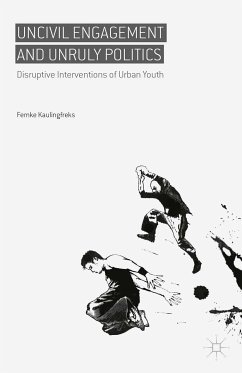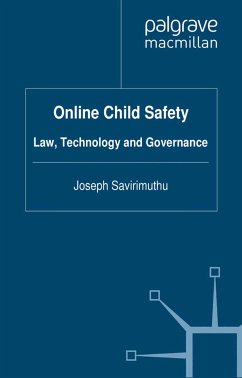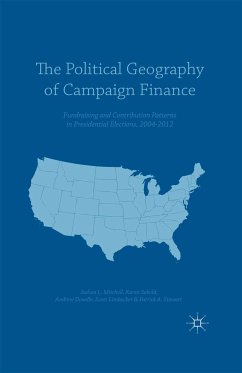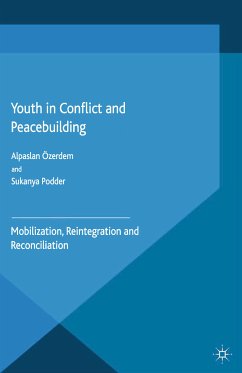
Uncivil Engagement and Unruly Politics (eBook, PDF)
Disruptive Interventions of Urban Youth
Versandkostenfrei!
Sofort per Download lieferbar
40,95 €
inkl. MwSt.
Weitere Ausgaben:

PAYBACK Punkte
20 °P sammeln!
This book explores the significance of riots and public disturbances caused by marginalized youth with a migrant background in France and the Netherlands, and how their demands for recognition, justice and equal opportunities are voiced in uncivil, yet politically meaningful ways.
Dieser Download kann aus rechtlichen Gründen nur mit Rechnungsadresse in A, B, BG, CY, CZ, D, DK, EW, E, FIN, F, GR, HR, H, IRL, I, LT, L, LR, M, NL, PL, P, R, S, SLO, SK ausgeliefert werden.












